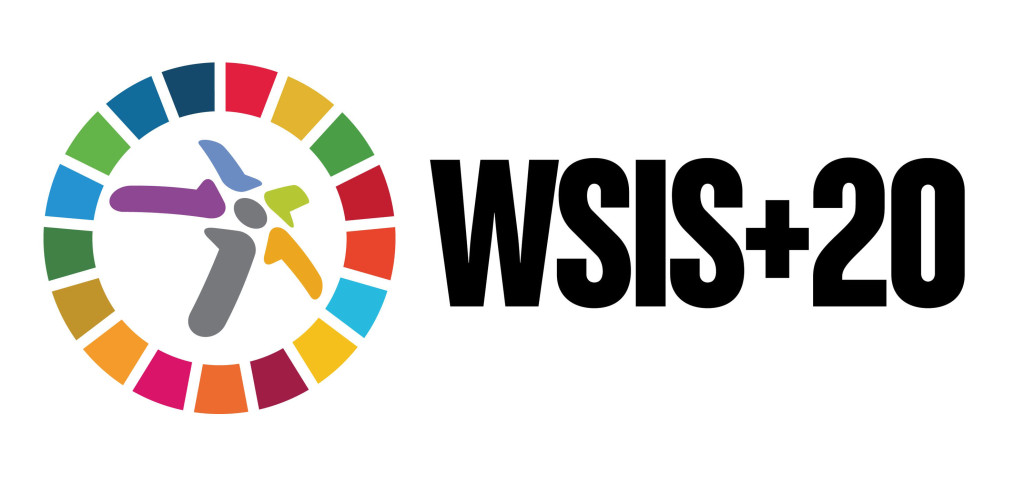GDJF calls for rights-based data governance, accountability in AI, and stronger civic participation in WSIS+20 draft
The Forum’s submission includes recommendations for governance reform within the WSIS framework. It supports calls for making the Internet Governance Forum (IGF) a permanent UN body with sustainable funding and inclusive participation metrics. It also recommends stronger linkages between WSIS processes, the UN Group on the Information Society (UNGIS), and the Global Digital Compact to ensure coherence and accountability across UN digital initiatives.

The Global Digital Justice Forum (GDJF) has urged the United Nations and member states to place human rights, equitable data governance, and stronger civic participation at the centre of the WSIS+20 outcome document. In its detailed inputs to the Zero Draft, the Forum outlines how digital policy should serve development and justice rather than deepen inequality or centralise power among a few global actors.
The GDJF submission highlights three overarching priorities: ensuring a rights-based approach to technology governance, establishing mechanisms for accountability in artificial intelligence (AI) and data systems, and enabling meaningful civil-society participation across all stages of digital policymaking.
A central concern raised by GDJF is the concentration of control over digital infrastructure and data flows. The group warns that global digital governance risks being shaped by a handful of governments and large technology companies. It calls for new international frameworks to democratise data access, promote open standards, and protect community data from exploitation. The submission also recommends measures to strengthen cross-border data flows with trust, aligning with privacy, human rights, and equitable development objectives.
On artificial intelligence, GDJF stresses the need for accountability and transparency in the design and deployment of AI systems. It calls for human-rights and social-impact assessments before high-risk AI uses are authorised, as well as mechanisms for redress when harm occurs. The Forum also proposes a global standard for AI transparency, record-keeping, and public oversight, building on existing international instruments such as the OECD AI Principles and the UNESCO Recommendation on the Ethics of Artificial Intelligence.
The GDJF inputs further advocate for safeguards against AI applications that undermine rights, including surveillance, predictive policing, and social scoring. It also calls attention to the environmental costs of large-scale computing and data processing, urging countries to adopt energy- and resource-efficient approaches to AI development.
In its section on civil-society participation, the Forum echoes the growing consensus that an open and inclusive civic space is a precondition for effective multistakeholder governance. It calls on governments to protect human-rights defenders, journalists, and researchers from reprisals and to guarantee safe and equitable access to digital policymaking forums. The text also highlights the importance of predictable funding for civil-society engagement, particularly for actors from the Global South.
On broader digital inclusion, GDJF supports commitments to universal, affordable, and meaningful connectivity, stressing that digital divides remain a major barrier to equal participation in economic and social life. It proposes additional support for community networks, digital literacy, and multilingual local content as practical ways to build more inclusive digital ecosystems.
Finally, the Forum’s submission includes recommendations for governance reform within the WSIS framework. It supports calls for making the Internet Governance Forum (IGF) a permanent UN body with sustainable funding and inclusive participation metrics. It also recommends stronger linkages between WSIS processes, the UN Group on the Information Society (UNGIS), and the Global Digital Compact to ensure coherence and accountability across UN digital initiatives.
Taken together, the GDJF’s inputs position digital justice, human rights, and equity as the benchmarks for the WSIS+20 review. The proposals seek to ensure that the next phase of global digital cooperation moves beyond technical governance toward fairer, more transparent, and inclusive structures that reflect the needs of all societies.
Background
The World Summit on the Information Society (WSIS) was launched in 2003–2005 to guide global cooperation on digital development. The WSIS+20 review, taking place in 2025, will assess progress since the original summits and determine how the UN system adapts to new digital realities. The Zero Draft is the first consolidated version of the outcome document, integrating proposals from governments, civil society, and the private sector. Its final version will shape the direction of global digital governance for the next decade, closely linked to the UN’s Global Digital Compact initiative.


